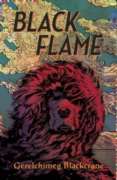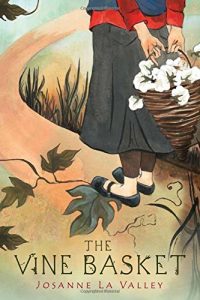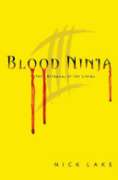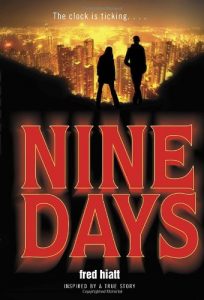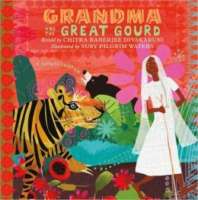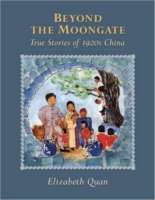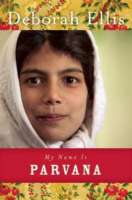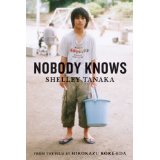
It’s autumn in Tokyo, and twelve-year-old Akira and his younger siblings, Kyoko, Shige and little Yuki, have just moved into a new apartment with their mother. Akira hopes it’s a new start for all of them, even though the little ones are not allowed to leave the apartment or make any noise, since the landlord doesn’t permit young children in the building. But their mother soon begins to spend more and more time away from the apartment, and then one morning Akira finds an envelope of money and a note. She has gone away with her new boyfriend for a while. Akira bravely shoulders the responsibility for the family. He shops and cooks and pays the bills, while Kyoko does the laundry. The children spend their time watching TV, drawing and playing games, wishing they could go to school and have friends like everyone else. Then one morning their mother breezes in with gifts for everyone, but she is soon gone again. Months pass, until one spring day Akira decides they have been prisoners in the apartment long enough. For a brief time the children bask in their freedom. They shop, explore, plant a little balcony garden, have the playground to themselves. Even when the bank account is empty and the utilities are turned off and the children become increasingly ill-kempt, it seems that they have been hiding for nothing. In the bustling big city, nobody notices them. It’s as if nobody knows. But by August the city is sweltering, and the children are too malnourished and exhausted even to go out. Akira is afraid to contact child welfare, remembering the last time the authorities intervened, and the family was split up. Eventually even he can’t hold it together any more, and then one day tragedy strikes…
